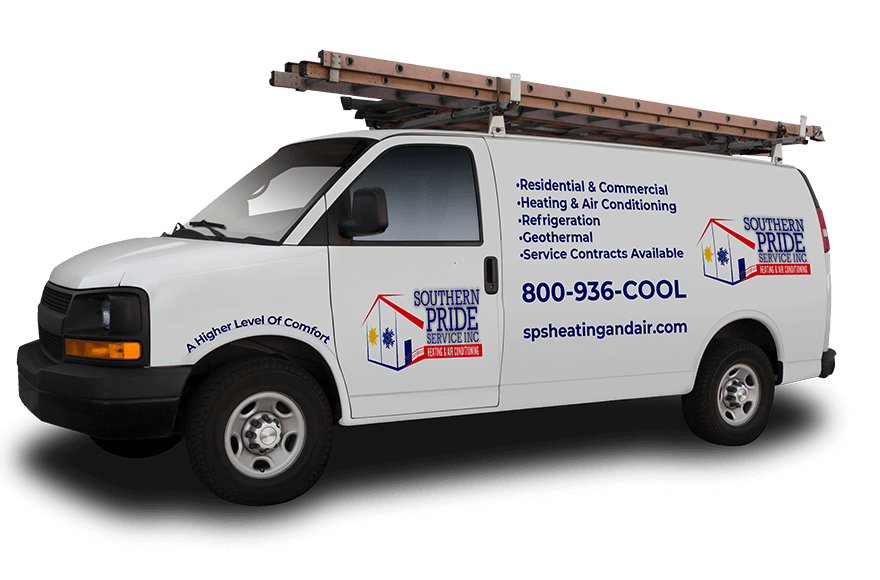Indoor Air Quality Services in Waldorf & Southern Maryland

The Importance of Indoor Air Quality
Our indoor air is often dirtier than the air we breathe outside, making indoor air quality extremely important. Poor-quality indoor air can trigger or lead to chronic health issues and increase your risk of contracting airborne illnesses.
Luckily, you can enhance and maintain high-quality indoor air by working with Southern Pride Service. We provide a variety of indoor air quality solutions to fit your and your family’s needs and keep everyone breathing healthy air.
Call 301-932-4925 today to learn more about our indoor air quality services and discuss your needs.
 Contact Us Today
Contact Us Today

Heating Repair

Heating Installation
Commercial HVAC
Signs Your Home Has Poor Indoor Air Quality
You could be mistaking your symptoms caused by poor-quality indoor air for something else and not even realize it. The good news is you can learn to recognize the signs and improve your indoor air quality and health.
Signs you have poor indoor air quality include:
- Chronic indoor allergic reactions or symptoms such as hay fever, sinus issues, asthma, and postnasal drip
- Frequent headaches
- Chronic coughing
- Cramps
- Fatigue
- Itching and dry skin
- Unexplained odors
- Excessive dust
If you notice any of these signs, contact Southern Pride Service to go over your indoor air quality options and start breathing easier.
Benefits of Improved Indoor Air Quality
Once you’ve found your ideal indoor air quality solution, you’ll start noticing many benefits, including:
- Improved breathing
- Reduced allergies and reactions
- Reduced asthma flare-ups
- Healthier air
- Less risk of contracting airborne illness
To start enjoying these benefits and more, call Southern Pride Service at 301-932-4925 to schedule a service.
Indoor Air Quality Solutions
- Humidifiers: Having the right moisture balance in your home has a big effect on your indoor air quality. If your air is too dry, it can lead to a variety of issues. A whole-home humidifier will ensure your home has the right level of moisture, especially during the drier months.
- Dehumidifiers: Just like not having enough moisture in your indoor air can lead to poor-quality air, having too much moisture can also lead to an array of issues. If your home is prone to excess humidity or you struggle to keep your air’s moisture balanced during summer, a dehumidifier can solve your problems.
- Ductwork services: If your ductwork wasn’t properly installed or is dirty, it can negatively affect your home’s air quality as well. We’ll make sure you have the appropriate ductwork and that all components are clean.
- Attic fans: If your attic is the source of your home’s poor air quality, we have the right solution. Whether you need to install an attic fan for the first time, need repairs, or need to replace your old one, you can count on us to provide an efficient attic fan that enhances your indoor air quality.

Why Choose Southern Pride Service?
There’s a reason southern Maryland homeowners make us their first choice for their indoor air quality needs.
- We have over 25 years of experience providing indoor air quality solutions.
- We pride ourselves on our 100% customer satisfaction guarantee.
- We offer transparent and fair pricing.
- We get the job done right the first time.
- We strive to provide each customer with the best solution for their needs.
Start breathing easier in your home today. Contact Southern Pride Service at 301-932-4925 to schedule your indoor air quality service.

